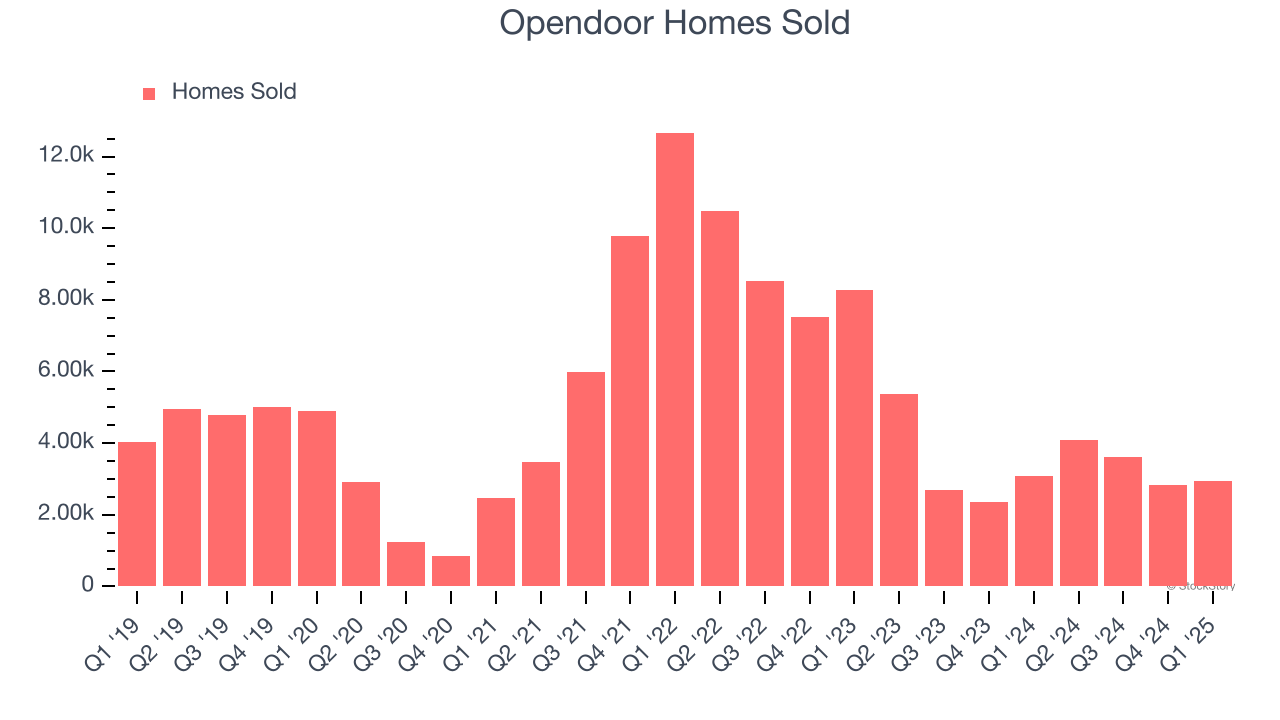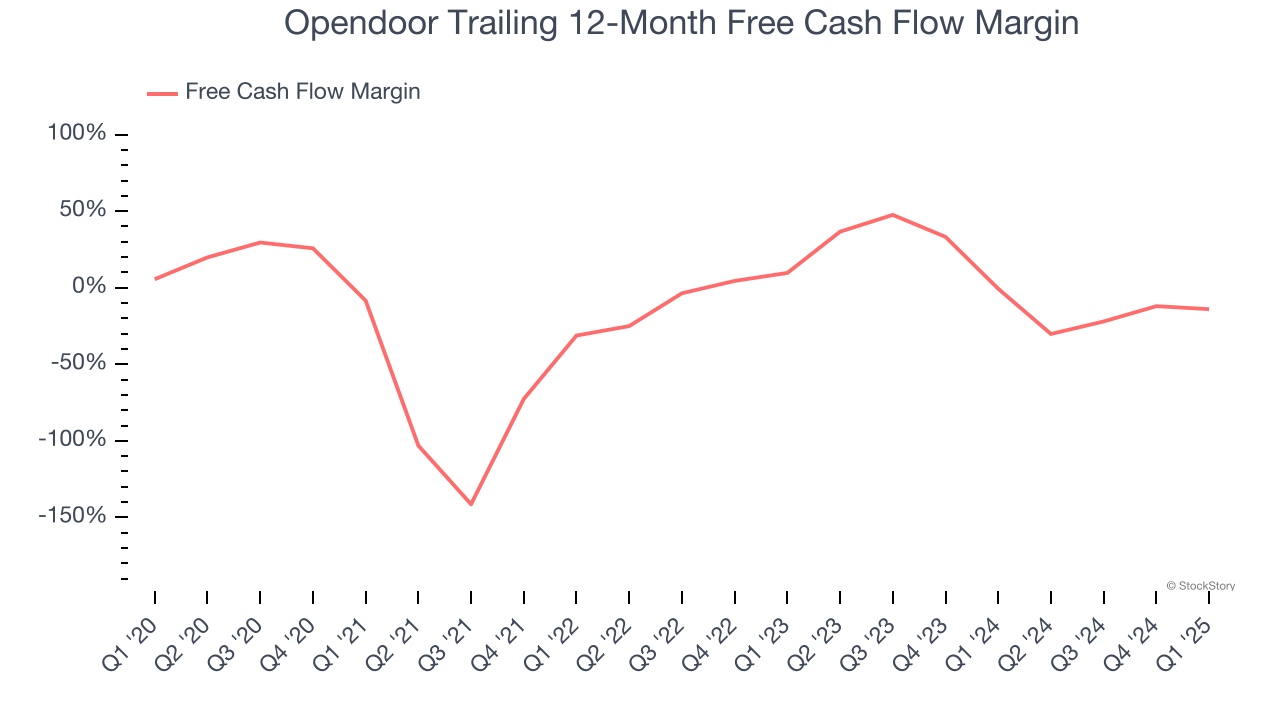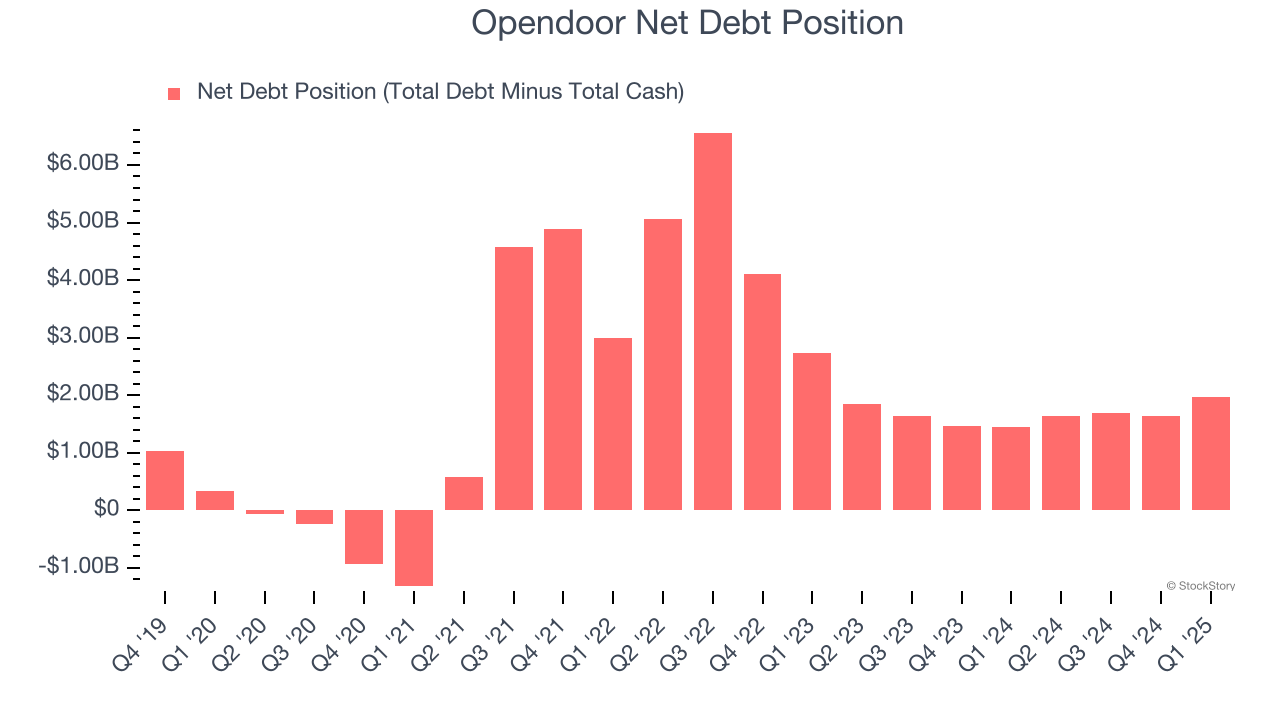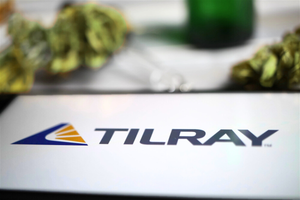
Shareholders of Opendoor would probably like to forget the past six months even happened. The stock dropped 42.9% and now trades at $0.78. This may have investors wondering how to approach the situation.
Is now the time to buy Opendoor, or should you be careful about including it in your portfolio? Dive into our full research report to see our analyst team’s opinion, it’s free.
Why Do We Think Opendoor Will Underperform?
Despite the more favorable entry price, we don't have much confidence in Opendoor. Here are three reasons why you should be careful with OPEN and a stock we'd rather own.
1. Decline in Homes Sold Points to Weak Demand
Revenue growth can be broken down into changes in price and volume (for companies like Opendoor, our preferred volume metric is homes sold). While both are important, the latter is the most critical to analyze because prices have a ceiling.
Opendoor’s homes sold came in at 2,946 in the latest quarter, and over the last two years, averaged 27.9% year-on-year declines. This performance was underwhelming and implies there may be increasing competition or market saturation. It also suggests Opendoor might have to lower prices or invest in product improvements to grow, factors that can hinder near-term profitability. 
2. Cash Burn Ignites Concerns
If you’ve followed StockStory for a while, you know we emphasize free cash flow. Why, you ask? We believe that in the end, cash is king, and you can’t use accounting profits to pay the bills.
Over the last two years, Opendoor’s demanding reinvestments to stay relevant have drained its resources, putting it in a pinch and limiting its ability to return capital to investors. Its free cash flow margin averaged negative 7.4%, meaning it lit $7.40 of cash on fire for every $100 in revenue.

3. Short Cash Runway Exposes Shareholders to Potential Dilution
As long-term investors, the risk we care about most is the permanent loss of capital, which can happen when a company goes bankrupt or raises money from a disadvantaged position. This is separate from short-term stock price volatility, something we are much less bothered by.
Opendoor burned through $717 million of cash over the last year, and its $2.52 billion of debt exceeds the $559 million of cash on its balance sheet. This is a deal breaker for us because indebted loss-making companies spell trouble.

Unless the Opendoor’s fundamentals change quickly, it might find itself in a position where it must raise capital from investors to continue operating. Whether that would be favorable is unclear because dilution is a headwind for shareholder returns.
We remain cautious of Opendoor until it generates consistent free cash flow or any of its announced financing plans materialize on its balance sheet.
Final Judgment
We cheer for all companies serving everyday consumers, but in the case of Opendoor, we’ll be cheering from the sidelines. Following the recent decline, the stock trades at $0.78 per share (or a forward price-to-sales ratio of 0.1×). The market typically values companies like Opendoor based on their anticipated profits for the next 12 months, but it expects the business to lose money. We also think the upside isn’t great compared to the potential downside here - there are more exciting stocks to buy. We’d suggest looking at a fast-growing restaurant franchise with an A+ ranch dressing sauce.
Stocks We Would Buy Instead of Opendoor
Donald Trump’s victory in the 2024 U.S. Presidential Election sent major indices to all-time highs, but stocks have retraced as investors debate the health of the economy and the potential impact of tariffs.
While this leaves much uncertainty around 2025, a few companies are poised for long-term gains regardless of the political or macroeconomic climate, like our Top 6 Stocks for this week. This is a curated list of our High Quality stocks that have generated a market-beating return of 183% over the last five years (as of March 31st 2025).
Stocks that made our list in 2020 include now familiar names such as Nvidia (+1,545% between March 2020 and March 2025) as well as under-the-radar businesses like the once-micro-cap company Kadant (+351% five-year return). Find your next big winner with StockStory today.
StockStory is growing and hiring equity analyst and marketing roles. Are you a 0 to 1 builder passionate about the markets and AI? See the open roles here.





